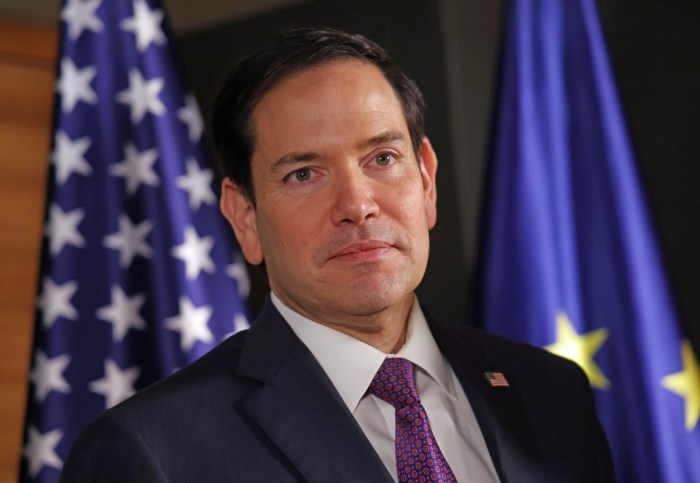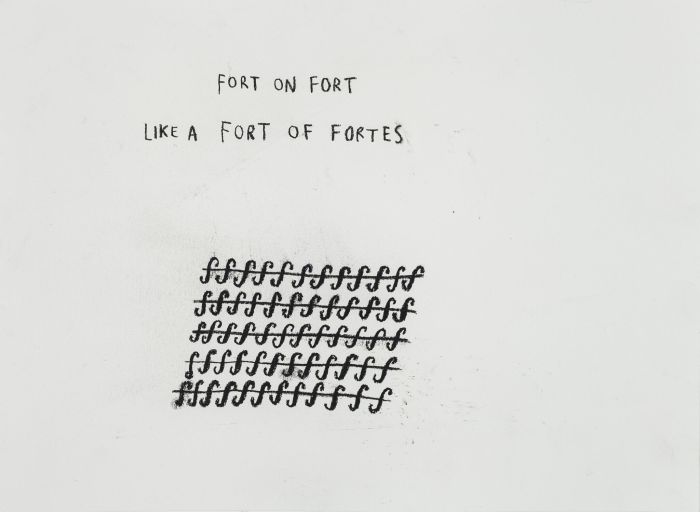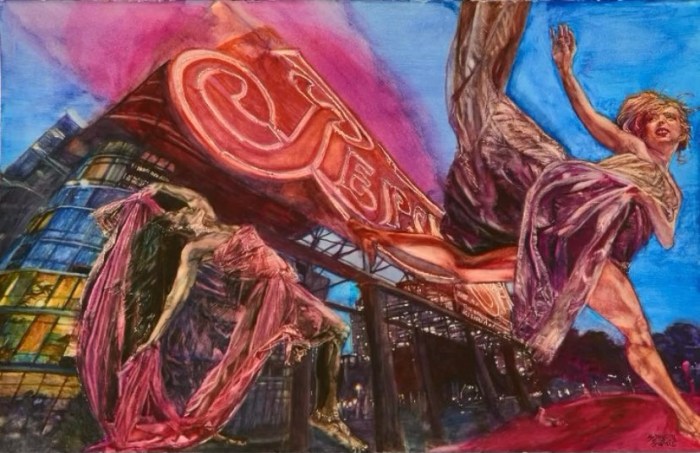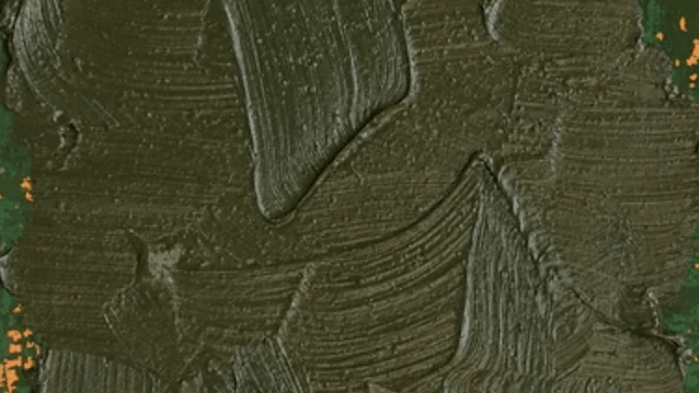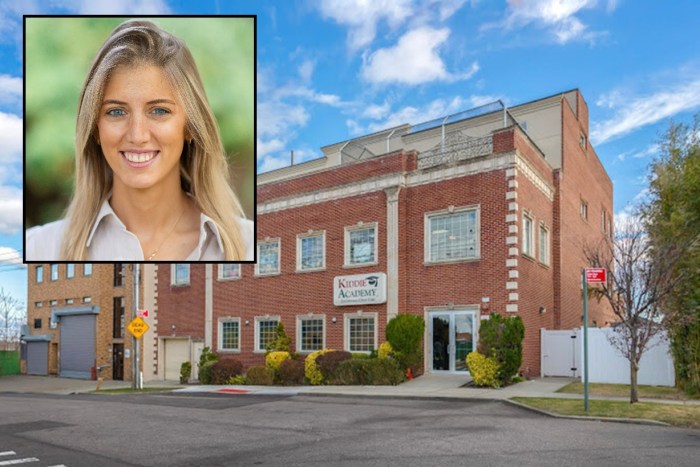Unlike America where the shortest month of the year designates February, the calendar 28 time-frame to celebrate Black excellence, England claims one of the longest months to honor the achievements of African heritage by declaring October Black History Month.
The tradition, which became official here in 1976 was patterned across the Pond 11 years later enabling the 31 days of October a month-long period to reflect, acknowledge and appreciate African and Caribbean pride.
This year is no exception, already in the throes of celebration, the European nation offers a plethora of activities that dominate cultural programming throughout the counties and parishes.
This week BritishBlackMusic.com slates a full calendar, which includes a forum for enlightenment about the evolution of romantic reggae in the UK by examining the 1970’s formative years of Lover’s Rock.
Birthe there, the genre has been misidentified as one imported from Jamaica.
Last year, a film of the same name attempted to dispel the misconception that the genre originated on the island of Jamaica.
Distributed by BBC One, the follow-up feature to “Mangrove,” delves deeper into the issues that plague the immigrant Caribbean of the 1980s, which was mired by racism and culture clash in England.
Directed by Steve McQueen the filmmaker showcases the Nottinghill Carnival setting to expose pervasive racism faced by the West Indian community in Britain.
As the second in a series of a five-part anthology, Lover’s Rock further spotlights individuals in search of freedom to practice a common culture. That some seek refuge in night spots that cater to their sensibilities is perhaps the beguiling aspect that developed a whole new music genre, they now claim with pride honed in a foreign land.
Featuring a soundtrack laced with reggae, dub and disco, music from Errol Dunkley, Dennis Bovell, Janet Kay and other Caribbean Brits their lyrical compositions define the beginning years of the genre.
The portal plans to re-examine the role of music press, the scope of Jamaican influence, identify the key influencers of the era, acknowledge the early producers, arrangers and musicians during a two-hour presentation on Oct. 19.
An exhibition from Oct. 25 to Oct. 30 will also chart the evolution of Lover’s Rock from Jamaican music to the beat that became renowned as a distinct British sound.
In Peckam numerous events are slated.
Throughout Wembley, Brixton and Birmingham too.
Hammersmith slates a plaque unveiling ceremony where Island Records first established the record label Chris Blackwell founded. Located at 22 St. Peter’s Square, in 1973 Blackwell opened a recording studios and offices that became the launching pad for Millie Smalls and Bob Marley.
A blue plaque will mark the spot and guests and patrons to the ceremony will be gifted posters of the “Get Up Stand Up” Bob Marley musical.
Poetry readings and heritage programs will also highlight the significance of the month.
A Black music history walk, talk and performance will be held in Harlesden.
And the UK Honour Awards in London will combine a celebration of Jamaica’s 60th anniversary of independence with presentations in categories of arts and culture, philanthropy, sports, education, health and wellness, entertainment, business and commerce, voluntary services, and public service.
Rhythm and Views Saturday night at the movies will promote a discussion on Oct. 29 following the screening of the documentary “Tina.”
One of the final offerings will be held on Oct. 31 when the renaming of the Equiano Bridge in Cambridge officially ends reference to the Riverside Bridge.
Olaudah Equiano also known as Gustavus Vassa (the African) was an abolitionist and writer. Enslaved as a child in Benin, he was taken to the Caribbean and sold as a slave to a Royal Navy Officer.
He purchased his freedom in 1766 and from then worked tirelessly with the anti-slavery movement.
History records that he joined the Sons of Africa, an abolitionist group comprised of Africans.
His published works include the 1789 “Interesting Narrative of the Life of Olaudah Equiano.”
It is unclear to pinpoint exactly where he died in 1797. Some claim it was Middlesex others contend it was in Westminster.
Aside from music appreciation, a diverse calendar of events exalts the rich, cultural heritage of Blacks in Britain this month. For them it is Black History Month.
Catch You On The Inside!


